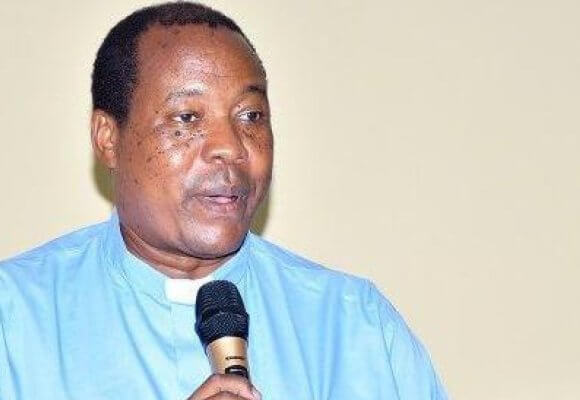|
LISTEN TO THIS THE AFRICANA VOICE ARTICLE NOW
Getting your Trinity Audio player ready...
|
Kenyan Court Rules Police Deployment in Haiti is Illegal
The High Court Friday threw a wrench in the government’s plan to send Kenyan police officers to Haiti, declaring the deployment unconstitutional and illegal. In a landmark ruling, Justice Chacha Mwita slammed the brakes on the controversial mission, citing a lack of legal authority for such overseas deployments.
“Any attempt to send police officers to Haiti,” Judge Mwita declared, “violates the Constitution and the law, rendering it null and void.” He further issued a court order prohibiting any future deployments of Kenyan police forces outside the country.
The ruling came as a blow to the National Security Council, which had petitioned Parliament last October to approve the Haiti mission as part of a UN-backed peacekeeping effort. Parliament had already granted its approval, but the High Court’s decision effectively threw a wrench into the plans.
The legal battle centers on Article 240 of the Constitution, which stipulates that national security forces can only be deployed overseas with Parliamentary approval under specific circumstances, such as regional peace support operations or other support operations. The Court ruled that deploying police officers does not fall within these categories.
Third-way Alliance Kenya leader Ekuru Aukot, one of the petitioners who challenged the deployment, argued that the Constitution makes no provision for sending police outside the country. He emphasized that such deployments are matters of significant public interest and should only be undertaken in strict accordance with the Constitution.
Kenya had pledged to send 1,000 security personnel to Haiti, aiming to assist the overwhelmed Haitian police in combating rampant gang violence that has plagued the country for decades. The UN Security Council had approved the mission in October, but the High Court’s ruling casts a cloud of uncertainty over its future.
Tinubu Denies Plans to Move the Capital
President Bola Tinubu of Nigeria has shot down speculation that he plans to move the country’s capital from Abuja back to its former home, Lagos. The announcement from his office comes after weeks of fevered rumors, fueled by the relocation of two government agencies to the economic powerhouse city.
The presidency blames political opponents for the capital relocation rumor, accusing them of “playing dangerous politics, to pit the north against the south.” This statement reflects Nigeria’s complex ethnic and religious makeup, with the largely Muslim north and Christian south divided by geography and historical grievances.
Established in 1991, Abuja was chosen as a neutral, centrally located capital to replace Lagos, the bustling port city that served as the seat of government during British colonial rule. Despite the shift, Lagos retains its status as Nigeria’s economic engine and most populous city.
Recent decisions to relocate the Federal Airport Authority of Nigeria (FAAN) and a Central Bank department to Lagos reignited speculation about a capital shift. President Tinubu’s Yoruba background, originating from the southwest region surrounding Lagos, further fueled the rumors, with some fearing favoritism towards his ethnic group.
President Tinubu’s office has categorically denied any plans to move the capital, emphasizing the administration’s commitment to “be just and equitable to every section of the country.” The agency relocations, they insist, are purely administrative and do not signal a larger political agenda.











LEAVE A COMMENT
You must be logged in to post a comment.